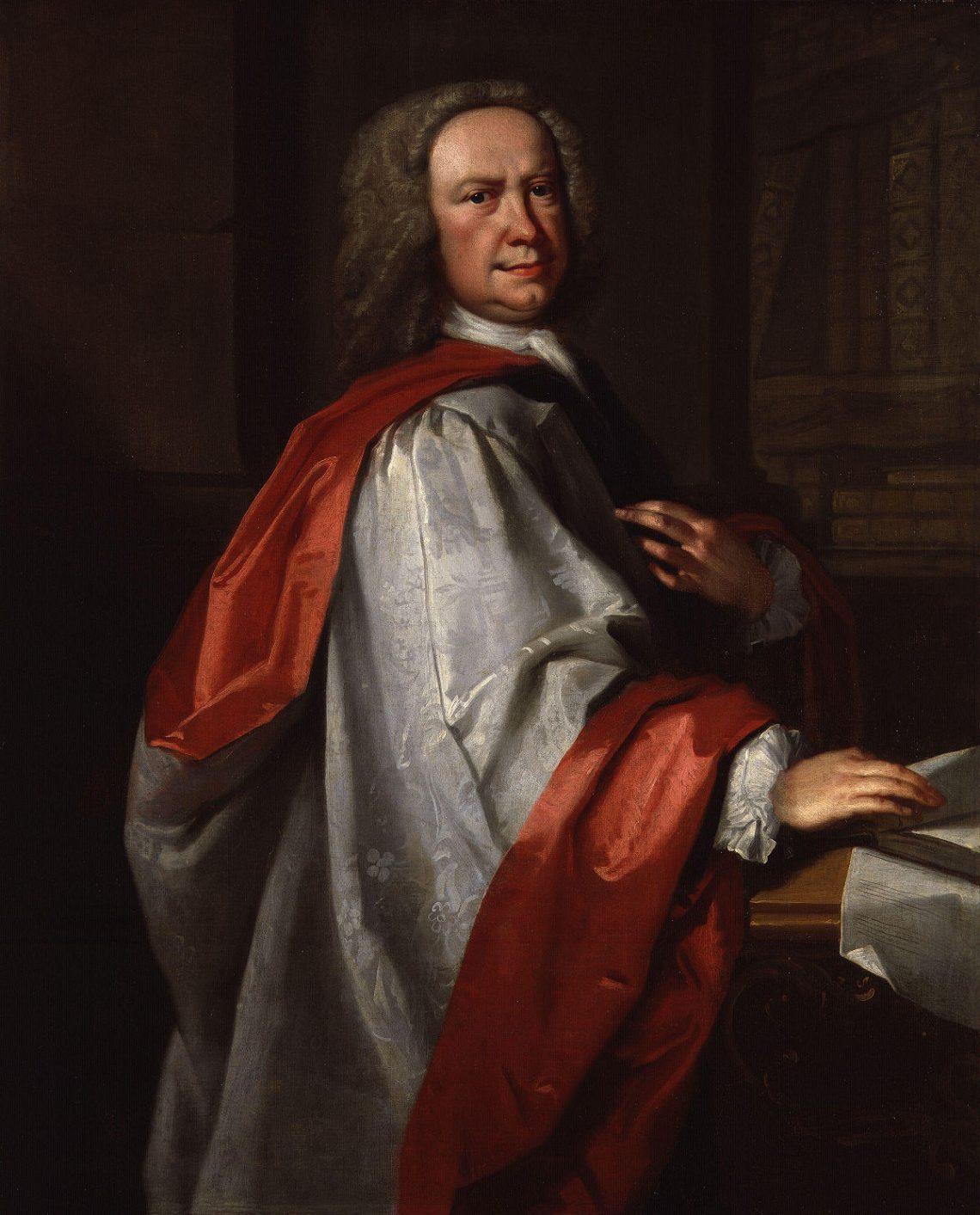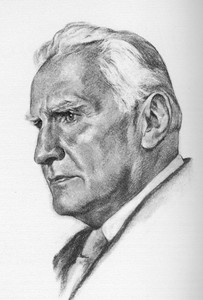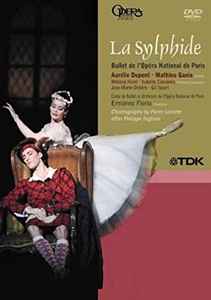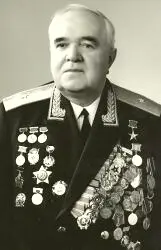
Johann Christoph Pepusch |
Johann Christoph Pepusch
German by nationality. He studied with the organist G. Klingenberg (musical-theoretical subjects) in Stettin and with Grosse. In 1681-97 he served at the court of the Prussian king. OK. 1700 was forced to leave for Holland (due to the arbitrariness of the king), then lived in England. He was a violist, harpsichordist, and later a composer at Drury Lane in London. P. – one of the organizers of the Academy of Early Music (1710), to-paradise with his concerts, as well as editions of Op. 16th century contributed to the revival of interest in the music of that time. In 1712-32 he served as organist and composer of the chapel of the Duke of Chandos. OK. 1715 became hands. t-ra “Lincoln’s Inn Fields”, wrote music for the masks, which were staged in this t-re. From 1737 he served as organist at Charterhouse. He was known as a teacher, the author of the theoretical. treatises. Aesthetic P.’s views are set forth in an anonymously published treatise on harmony (“A treatise on harmony”, 1730, 1731). In the history of music Art-wa P. entered as the author of music for the parody “The Beggar’s Opera” (“The beggar’s opera”, 1728) on the text of J. Gay. He created an overture and an accompaniment (digital bass) to popular songs chosen by Gay (T. Linley wrote the orchestral accompaniment to them in 1770; a facsimile of the original edition was published in 1921; the opera is known in the arr. in 1948). Among other products. – cantatas, concertos, instr. sonatas, ch. arr. for wind instruments with basso continuo, motets, odes.
References: Са1mus G., Two Rococo Opera Burlesques, В., 1912; Kidson F. The Beggar’s Opera. Its predecessors and successors, Camb., 1922; Hughes C. W., John Christopher Pepusch, «MQ», 1945, v. 31, mils; German OE, trade. A documentary biography, NY, (1954); Pepusch JC, публ. M. Hihrichsen, в сб.: Music book, No 9, L. — NY, 1956; Rred HW, The instrumental music of Johann Christoph Pepusch, Chapel Hill, 1961 (diss.).
I. A. Slepnev





